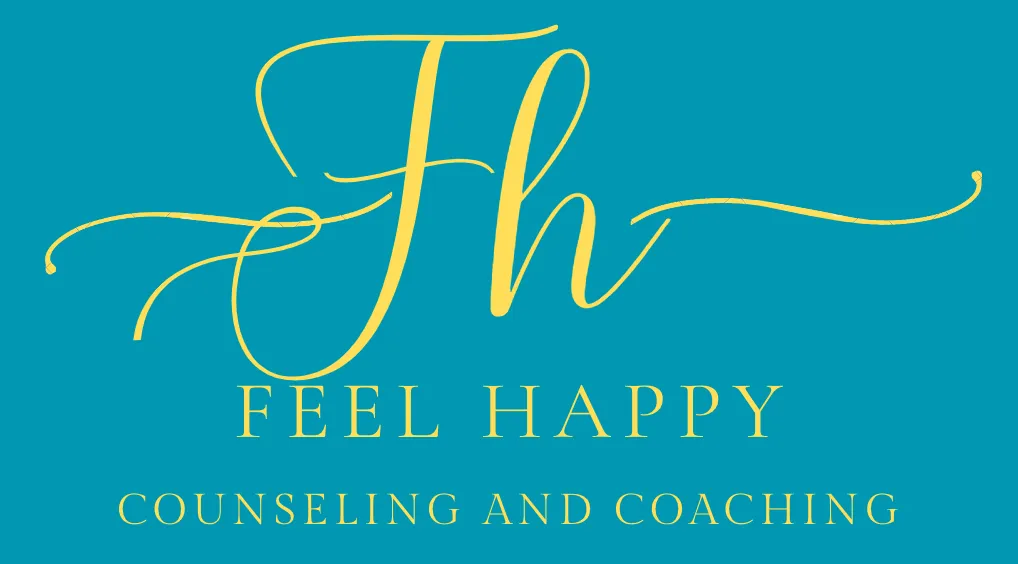In Order to Heal It, You've Got to Grieve It

- posted: Oct. 09, 2023
Welcome to Feel Happy Counseling and Coaching, where we're dedicated to helping you navigate life's challenges and find healing. In this blog article, we'll delve into a fundamental aspect of emotional recovery: the importance of grieving in order to heal.
Understanding the Grief-Healing Connection
Grief is a universal human experience, often associated with the loss of a loved one. However, it's crucial to recognize that grief extends beyond the realm of bereavement. It's a natural response to any significant loss or life change, including the loss of a job, a relationship, health, or a dream.
Why Grieving is Essential for Healing
Acknowledging the Pain: Grieving is a process of acknowledging and embracing the pain and emotions that accompany loss. It's not about wallowing in sorrow but allowing yourself to feel and process the depth of your emotions.
Releasing Emotional Energy: When you grieve, you release pent-up emotional energy. Suppressing grief can lead to emotional and physical health issues over time. Allowing yourself to grieve is an act of self-compassion.
Honoring the Experience: Grief is a testament to the significance of what you've lost. By grieving, you honor that experience and its impact on your life. It's a way of saying, "This mattered, and I will remember."
Clearing Space for Healing: Grieving clears the emotional clutter, making space for healing to occur. It's a vital step in the journey toward recovery and finding a new sense of purpose and hope.
Stages of Grief
Grief doesn't follow a linear path, and it's experienced differently by each individual. However, some common stages of grief include:
- Denial: Initially, it can be challenging to accept the reality of the loss.
- Anger: Emotions like anger, frustration, and resentment may arise.
- Bargaining: People may attempt to negotiate or make deals to reverse the loss.
- Depression: A deep sense of sadness and despair often accompanies grief.
- Acceptance: Ultimately, acceptance is the goal, where you begin to find a way to live with the loss and move forward.
Seeking Support
Grieving is not a solitary journey. Seeking support from friends, family, or a mental health therapist can provide comfort and guidance during this process. It's essential to create a safe space to express your feelings and receive validation for your emotions.
Conclusion
As grief counselors we understand that healing from loss or life changes can be challenging. However, remember this: in order to heal it, you've got to grieve it. Embrace the grieving process as a path toward healing and transformation. At Feel Happy Counseling and Coaching, we're here to support you every step of the way, helping you find strength and resilience in the face of life's challenges.
Contact Me
Location
Primary Location
9100 Conroy Windermere Road
Windermere, FL 34786

